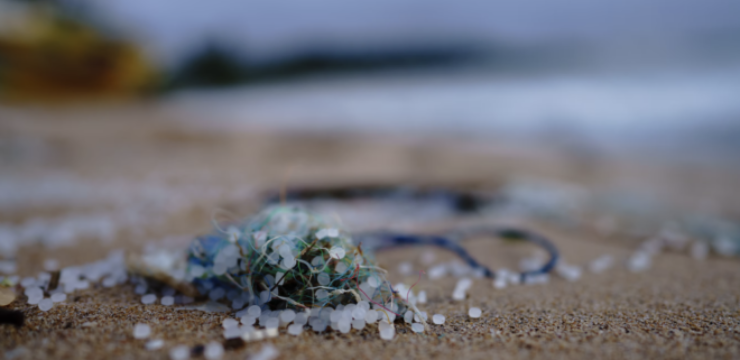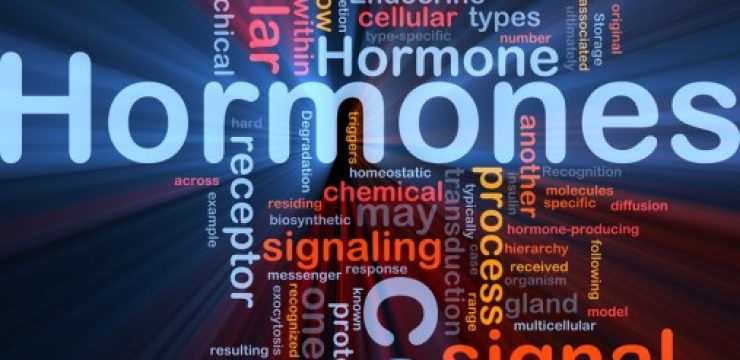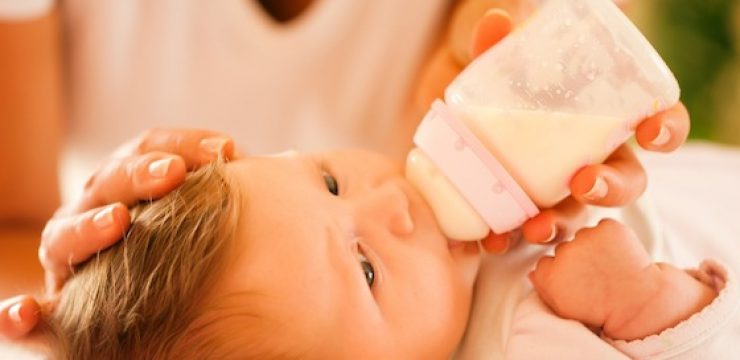More worrying is that microplastics themselves are not inert, and they have the ability to pull along other environmental toxins with them, amplifying the toxicity effect, finds a new research study.
Read more
new report finds that 54% of all the products tested at Dollar Stores contain hazardous chemicals linked to cancer, learning disabilities and serious illnesses.
Read more
A new investigation by Mother Jones magazine revealed that chemicals used to replace controversial plastic additive bisphenol-A – commonly called BPA – may be just as dangerous to your health, if not worse.
Read more
BPA is a hormonally active chemical found in everything from cash register receipts to soup and beverage cans to plastic wrap and bottles. Will good news for conscious consumers in California mean lifestyle changes for people in the Middle East?
Read more
Worldwide close to 50 million couples are unable to conceive after five years of trying, states a recent report. A recent World Health Organization report of 277 national surveys estimates that infertility rates have remained consistent over the past 20 years, with North Africa and the Middle East showing the strongest negative trends in reproductive […]
Read more
Eliminating BPA from baby bottles is just one step towards eliminating our exposure to harmful, noxious chemicals. Score one small victory for consumer groups and ecosexuals everywhere: The United State’s ban on bisphenol-A or BPA is a small step towards ending our romance with toxins. That’s the good news. The downside is that this ruling by […]
Read more
America, next to some European countries, has the most stringent environmental policies on health and safety. In 2008 America’s Food and Health Administrations (the FDA) declared BPA, or bisphenol A, an estrogen mimic used in plastics, as safe. But in 2010 it started backpedaling over concerns that it might have health risks, especially in children. […]
Read more







